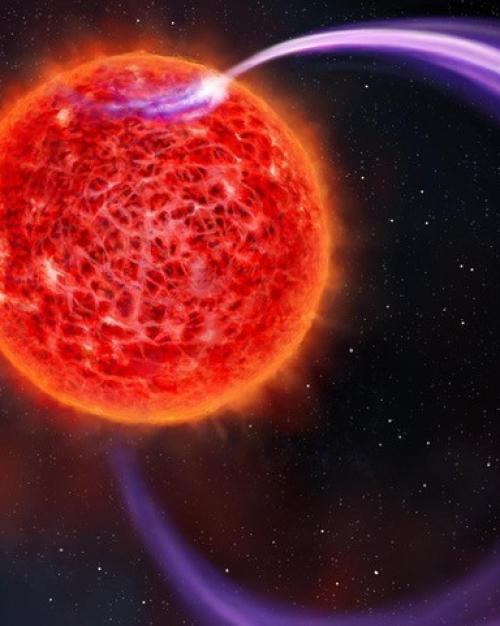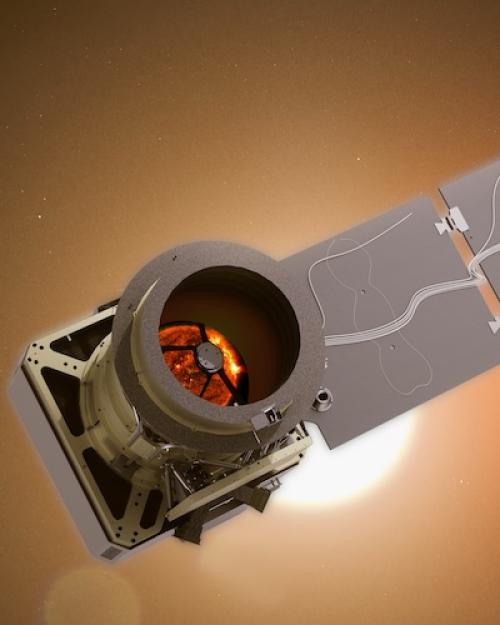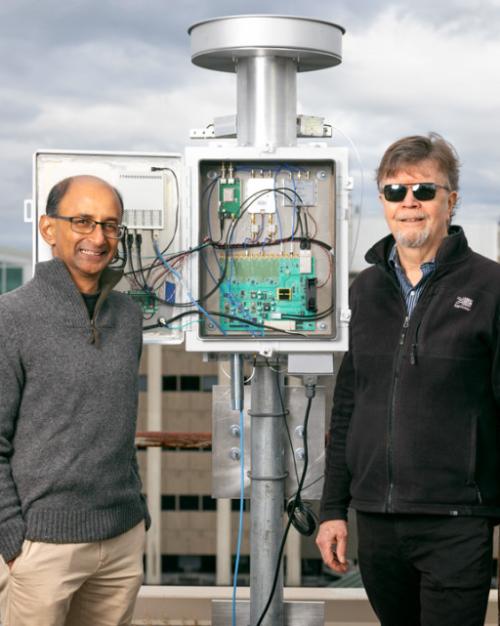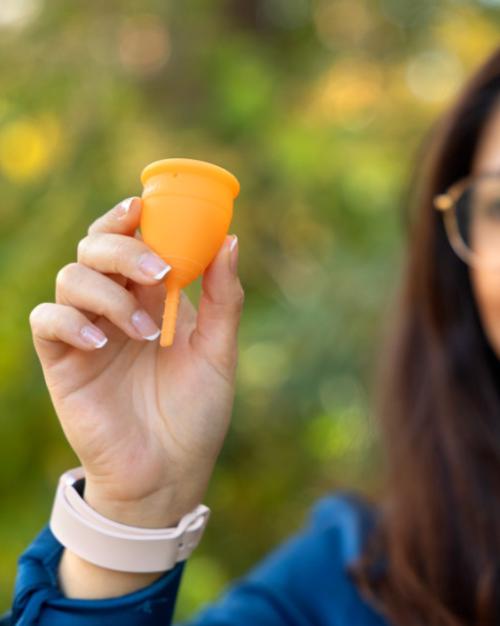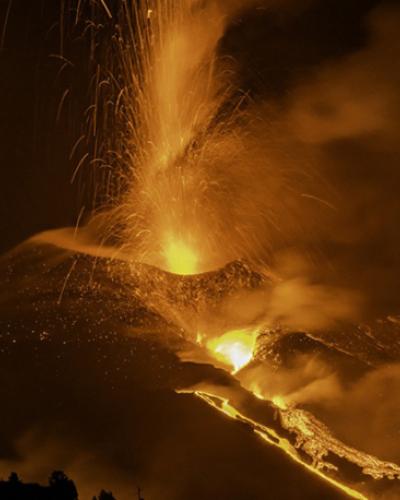Among the Cornell faculty, Esteban Gazel arguably conducts the hottest research. But this time the geochemist should be safe from magma heat.
Gazel, associate professor in the Department of Earth and Atmospheric Sciences, and doctoral student Kyle Dayton will join a small, elite team of international researchers on Oct. 21 at the newly erupted Cumbre Vieja volcano on the island of La Palma in the Canary Islands – off the coast of western Africa.
“The opportunity to be near an active volcanic during an eruption is rare,” Gazel said. “Volcanoes erupt all the time, but not all volcanoes are accessible. This volcano has been well monitored, well understood and we have enough background data now to validate any new measurements.”
Dayton and Gazel will collect on-site micro and nano samples of the air carried by the wind to Tenerife, the largest of the Canary Islands, as well as the island of La Palma, as part of a NASA-supported project to investigate the global effects of volcanic ash on the Earth systems in collaboration with department faculty members Natalie Mahowald, the Irving Porter Church Professor of Engineering; and Matthew Pritchard, professor of earth and atmospheric sciences. They will also sample crystals containing glass inclusions to determine the volcano’s volatile budgets, including carbon dioxide emissions.
Read the full story in the Cornell Chronicle.

